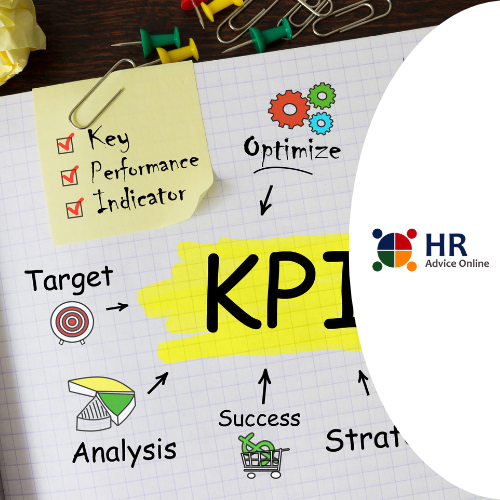Latest News
Performance Management

Navigating a difficult conversation
Giving Employee feedback – Navigating a difficult conversation Providing employee feedback is an important part of the employment relationship and supports your employee to do their best to thrive in their role. Providing negative feedback is never easy. Tips to navigate negative feedback conversations: Address issues promptly. Providing timely feedback

Performance Management – Fact or Myth?
Performance Management – Fact or Myth? Managing performance of employees can be difficult, however providing feedback and support provides an environment for the employee to learn, develop and thrive. Often what we hear from our clients is they struggle to understand the truth about performance management and what options they

Building trust in a hybrid, remote work environment
How can we improve how we interact with our colleagues in a hybrid/remote working environment? Over recent years, the rise of remote work and virtual teams has accelerated. With such change in how we work, comes a need to increase our focus and change (improving) how we interact with our

How engaged are your employees?
How would you define employee engagement? How often do you obtain feedback from your employees about their satisfaction? Do you know what to ask? Employee engagement represents the levels of enthusiasm and connection employees have with their employment. It’s a simple measure of how motivated people are to put in

KPI’s – What are they and why do you need them?
What are KPI’s Key Performance Indicators (KPI’s) are a quantifiable measurement that reflect the critical success factors of a business and provide a metric that reflects how well employees, and the business overall, are achieving their stated goals and objectives. Why have KPI’s? KPI’s provide a valuable means for businesses

Probationary Periods v Minimum Employment Periods – What is the difference?
In providing support and assistance to our clients, we commonly find that although employers are familiar with the term ‘probation period’, there is less awareness of the Fair Work Minimum Employment Period, what it is and how the two periods differ. In this article, we provide clarification regarding the two terms and how
